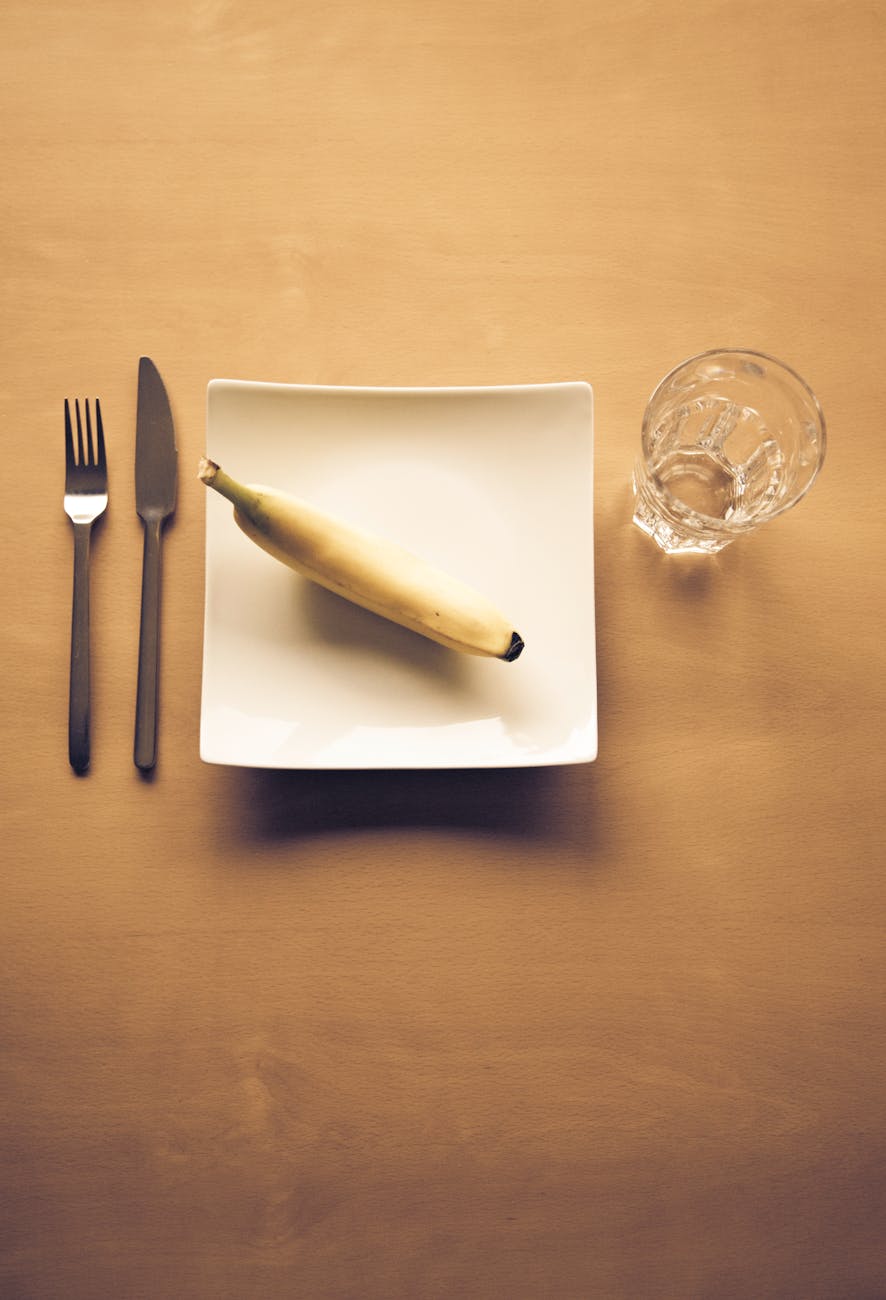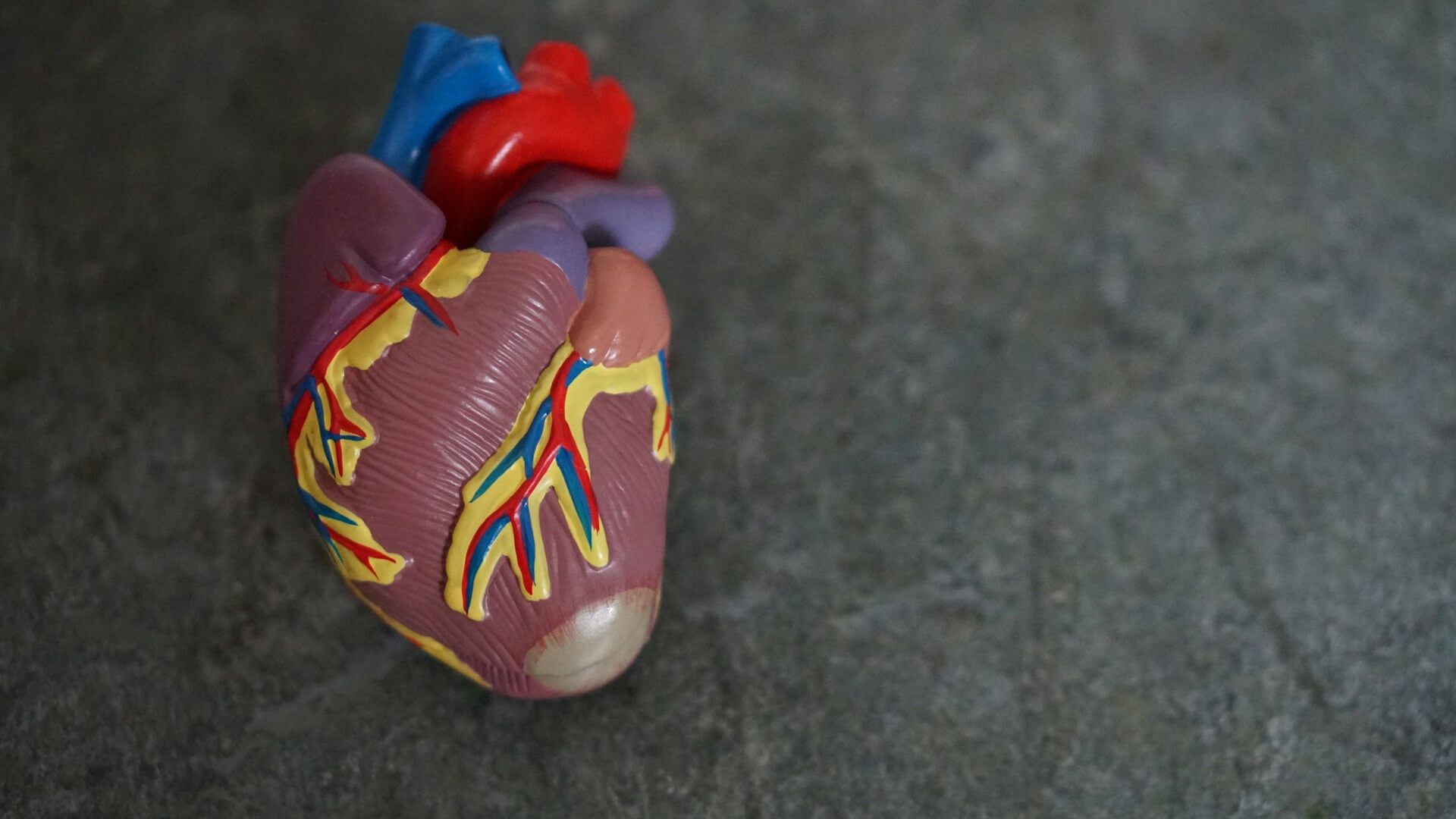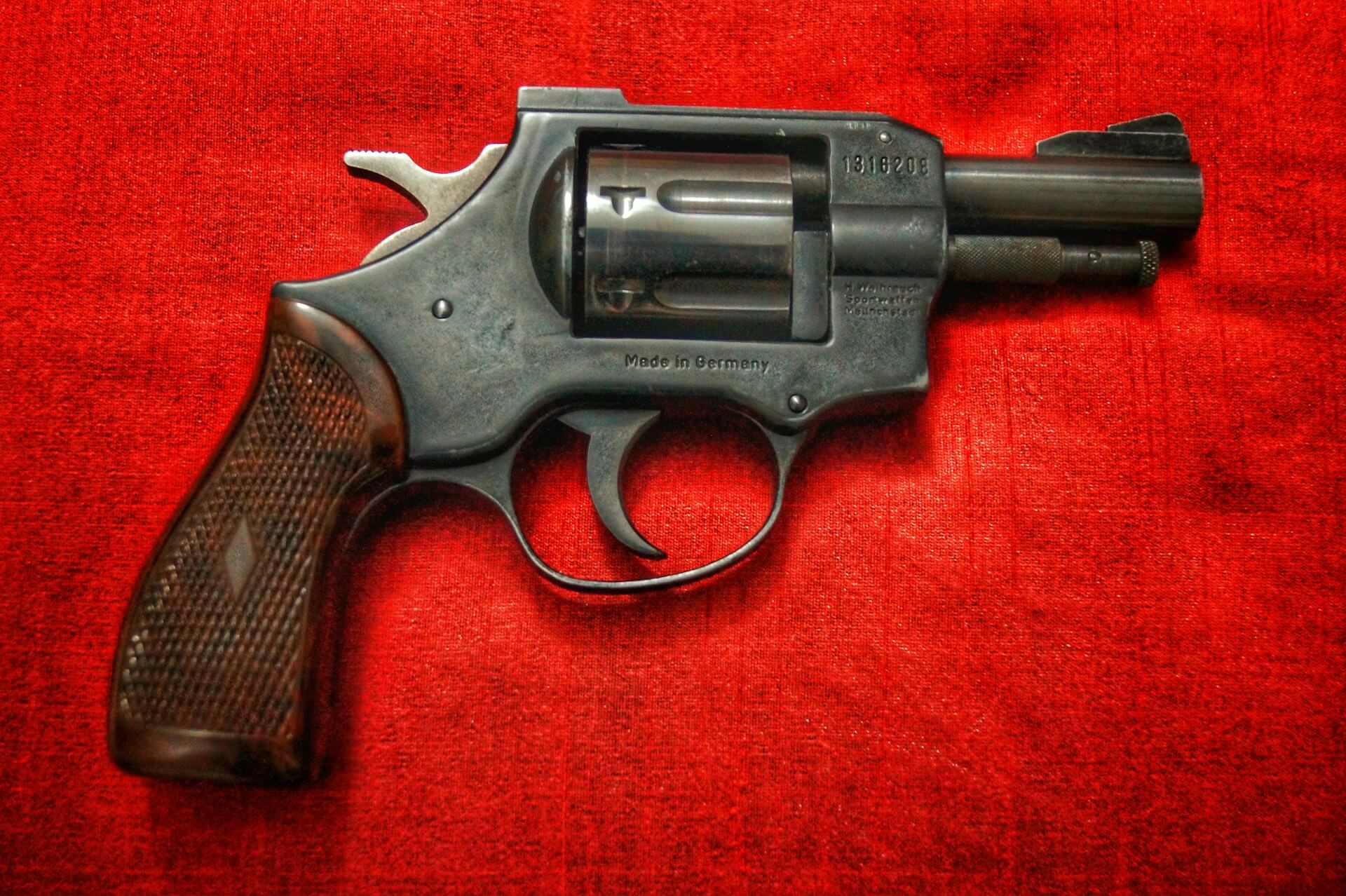The Foal
By Lorette C. Luzajic
The filly was a tender yellow crumb when she finally landed, near small enough to fit into the widow’s cupped palms. I had wanted to stay up through the night with the mare, but Jane said what a mother horse needed most was privacy and darkness. She left the barn window ajar for the starlight and stepped aside. And there in the morning, sure enough, was the spindly thing I had waited since last year to meet.
She had a caramel coat and golden eyes. I named her Taffy.
For a while, I had been cold and dizzy and covered in bruises from just a few chores around the barn. Jane asked me to carry some feed bags in from the truck, then told me I had better see a doctor. She knew everything about animals, including humans, so I did what she said. I told my folks how I’d been feeling. Mother crumpled when the nurse said the word “leukemia.”
I asked to continue my time with the animals in between treatments. The widow hired another set of hands and told me to come and go at my own pace. There were goslings and piglets and unruly fields of cornflowers, but the foal was my heart and my hope. I groomed her and kept her water fresh and sang to her when no one was listening. The foal was born just a few days before I turned thirteen. The smallest miracle.
I stopped going to school and it wasn’t long before my classmates no longer came over with books and balloons and homemade cookies. I had always preferred to spend time on my own, exploring the woods or reading, but it still hurt to hear their laughter on the soccer field across from the hospital. It hurt even more the way they stared, after my hair fell out. I never felt that way with my foal, or with the old farmer and her sheep and goats and horses.
I did everything they told me, but still, I got smaller. And everything hurt, even the sunlight on my skin. I didn’t tell anyone what was going on in inside of me, how lonely it felt to know you were going to die when you were just a colt yourself. Or maybe for anyone, anytime. Mother held me when she soothed my fevers with a cool cloth, but she would turn away whenever the tears came instead of sharing her sorrow with me, and this became a barrier of some kind between us.
One afternoon in the endless waiting rooms, I was leafing through an old gardening magazine from the stack and came across a paragraph about how beautiful buttercups are really invasive weeds. The article said they were toxic to grazing cattle. An idea came to me then, something terrible and wonderful. I began to bring bunches of buttercups to the barn and fed them to Taffy along with hay and apples. I read how most horses would naturally avoid the plant’s bitter taste. But my filly would nicker and nuzzle and slurp them right out of my hands.
I wasn’t expecting the farmer to find me in the field that afternoon because when I left the barn, she’d been busy fixing a tire on the tractor. But there she was, wading through the grasses in her Wellington boots, hands on her hips and fire in her face. I could feel her fury, but she sounded calm when she asked me what I was doing. I said I was picking wildflowers.
I could tell she knew I’d been feeding them to Taffy. “Those weeds aren’t good for horses, child,” Jane said. “In fact, they can be poisonous.” She held out her hands, took the flowers, gave them back to the ground.
She wiped her hand on her overalls. “Never mind, child,” she said. “You didn’t know.” But I knew she knew I did know. I felt a stabbing wave of guilt and panic, so intense that, for a moment, it was stronger than my fear. How could I explain the truth about my baby horse? I only wanted to take her with me.
About the Author
 Lorette C. Luzajic reads, writes, publishes, edits, and teaches small fictions. She has a bachelor in journalism, but has always focused on creative writing and the study of art history. Her work has been published in hundreds of journals, taught in schools and workshops, and translated into Urdu and Spanish. She was selected for Best Small Fictions 2023 and 2024. She has been nominated several times each for Best Small Fictions, Best Microfictions, Best of the Net, the Pushcart Prize, and Best American Food Writing. Her collections include The Rope Artist, The Neon Rosary, Pretty Time Machine and Winter in June. Lorette is the founding editor of The Ekphrastic Review, a journal of literature inspired by art, running for almost nine years, and the brand-new prose poetry journal, The Mackinaw. Lorette is also an award-winning mixed media artist, with collectors in more than forty countries so far.
Lorette C. Luzajic reads, writes, publishes, edits, and teaches small fictions. She has a bachelor in journalism, but has always focused on creative writing and the study of art history. Her work has been published in hundreds of journals, taught in schools and workshops, and translated into Urdu and Spanish. She was selected for Best Small Fictions 2023 and 2024. She has been nominated several times each for Best Small Fictions, Best Microfictions, Best of the Net, the Pushcart Prize, and Best American Food Writing. Her collections include The Rope Artist, The Neon Rosary, Pretty Time Machine and Winter in June. Lorette is the founding editor of The Ekphrastic Review, a journal of literature inspired by art, running for almost nine years, and the brand-new prose poetry journal, The Mackinaw. Lorette is also an award-winning mixed media artist, with collectors in more than forty countries so far.



